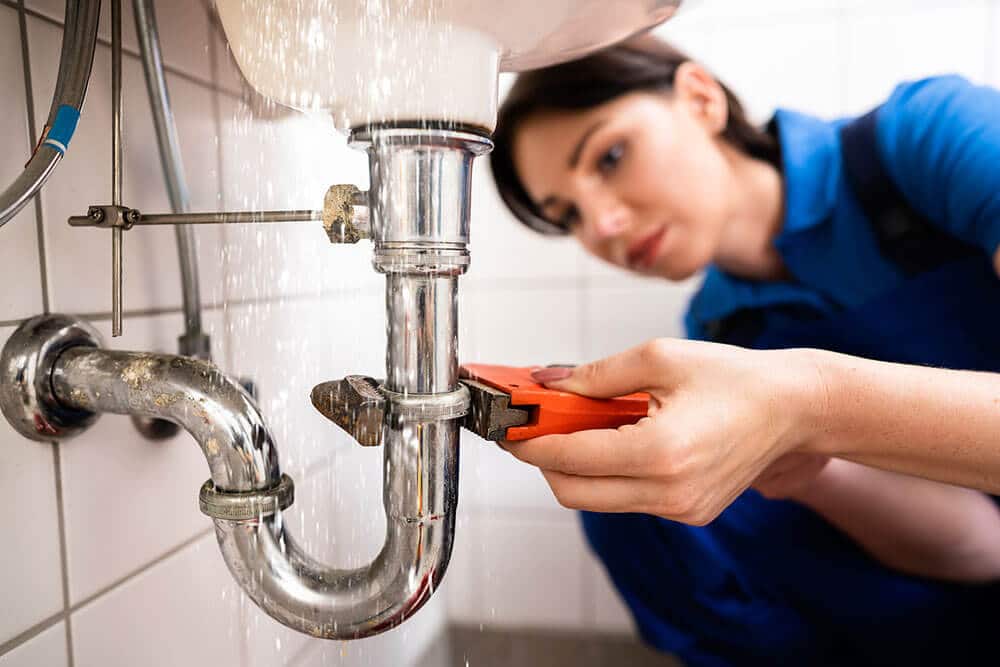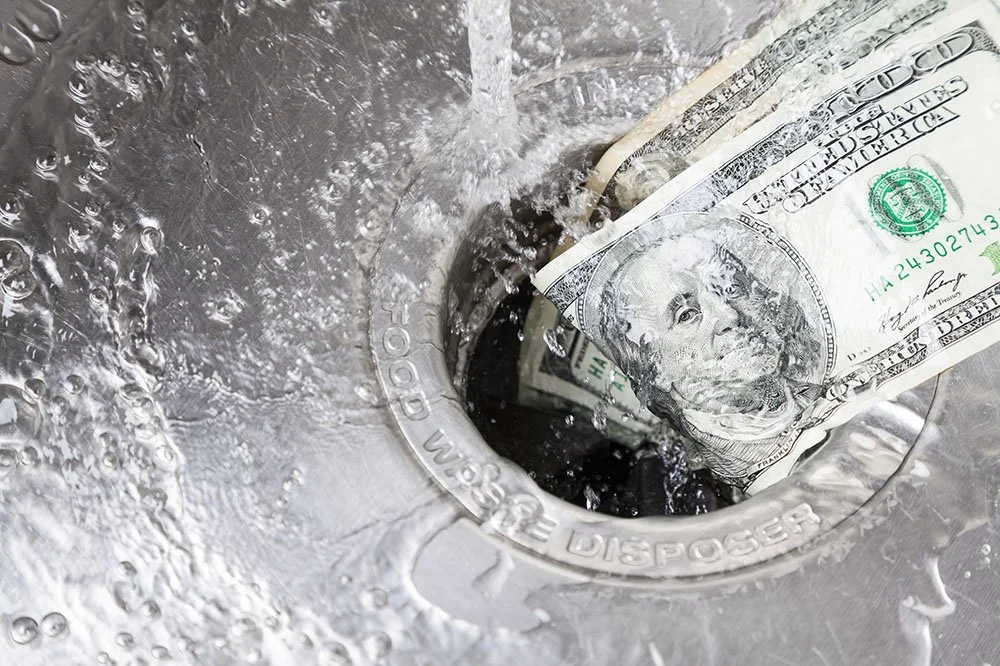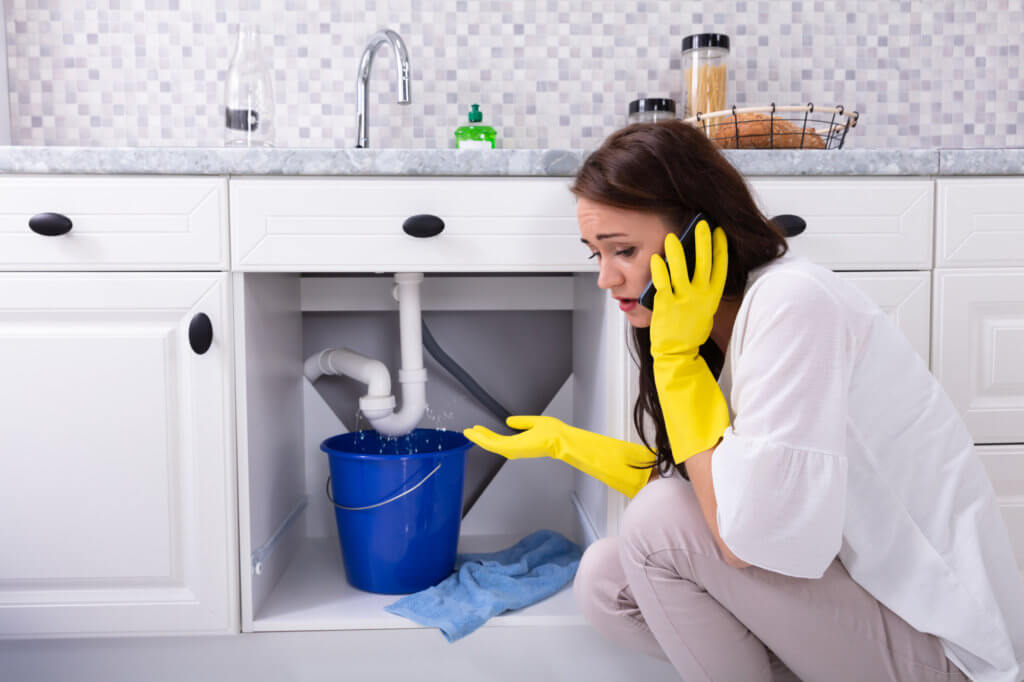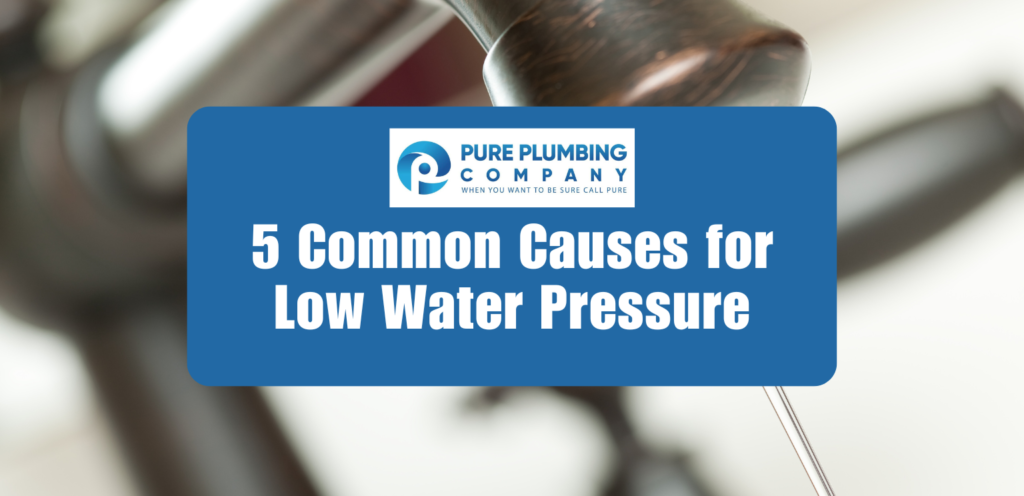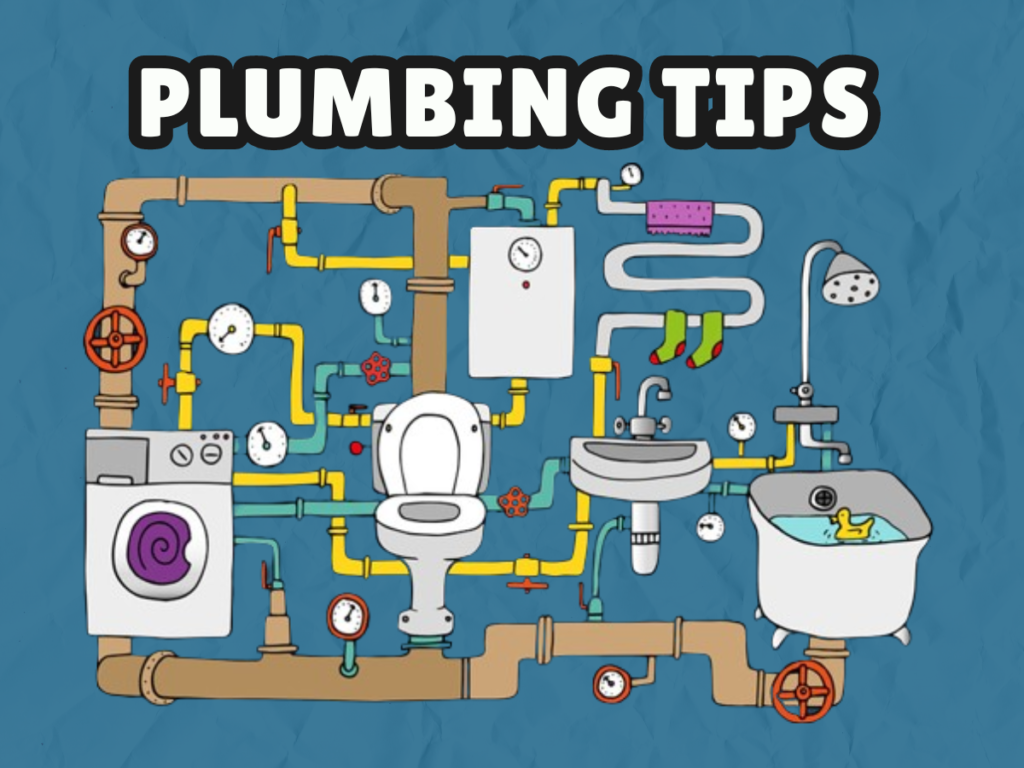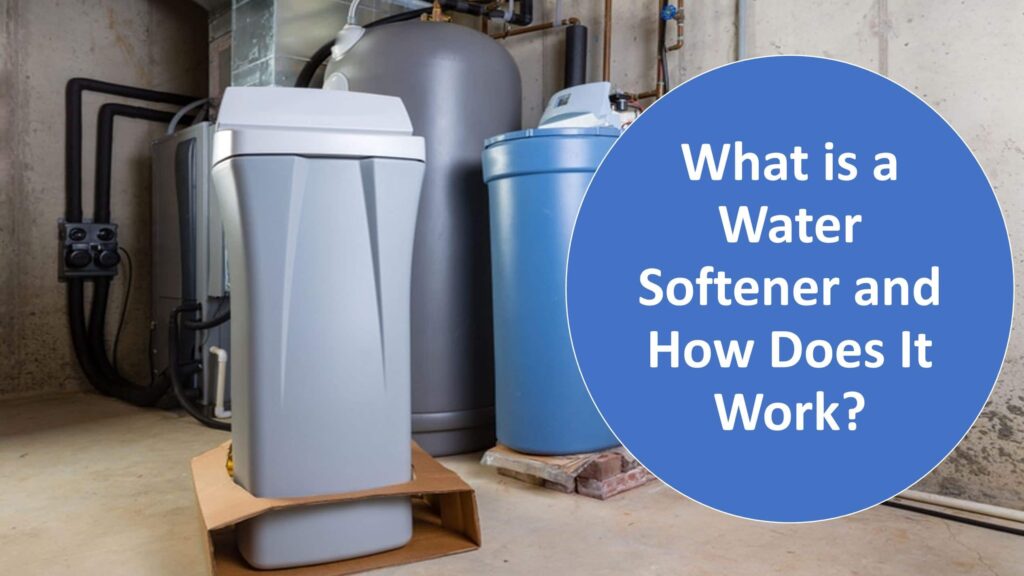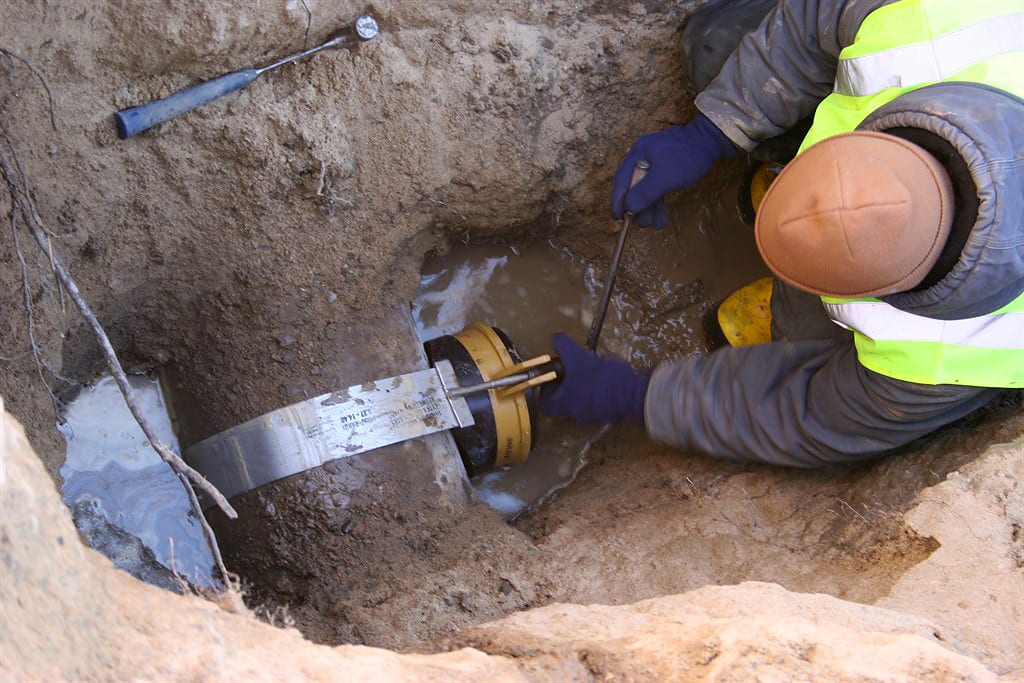Why Is My Hot Water Heater Leaking? What To Do
Professional hot water heater leak detections are a vital component of our daily lives, providing the comfort and convenience of warm water for various household tasks. But what happens when you notice your hot water heater leaking? It’s a situation that can be both concerning and inconvenient. In this comprehensive guide, we will explore possible reasons why your hot water heater might be leaking and provide insights into how to address the issue. Whether it’s leaking from the bottom, top, or elsewhere, understanding the cause is the first step in finding a solution.
Hot Water Heater Leaking from Bottom
Sediment Buildup:
One common reason for a leaking hot water heater from the bottom is sediment buildup. Over time, minerals in the water can accumulate at the bottom of the tank, causing corrosion and weakening the tank's structure. This can lead to small leaks or, in severe cases, a ruptured tank. To address this issue, consider regular tank flushing to remove sediment, or consult a professional plumber for maintenance and cleaning.
Pressure Relief Valve (PRV) Issues:
The PRV, designed to release excess pressure, may malfunction, causing water to leak from the bottom. This is often a sign of increased pressure inside the tank, which can be dangerous and requires immediate attention. In this case, it's crucial to consult a plumber to inspect and possibly replace the PRV to ensure the safety of your hot water heater.
Hot Water Heater Leaking from Top
Loose or Damaged Inlet/Outlet Connections:
Leaks from the top of the hot water heater are often related to damaged or loose inlet and outlet connections. These connections can deteriorate over time, allowing water to escape. Carefully inspect the connections, and if you find any issues, it's best to tighten or replace them as needed.
Temperature and Pressure Valve Problems:
The temperature and pressure relief valve, responsible for maintaining safe pressure levels, can sometimes become faulty. If it doesn't operate correctly, it can result in water leaking from the top of the tank. A professional plumber can help you assess and replace the faulty valve, ensuring your system's safety and efficiency.
Leaking Hot Water Heater: What to Do
When you notice your hot water heater, it’s essential to act promptly to prevent further damage and potential safety hazards. Here are steps you can take:
Turn Off the Power:
Before doing anything, turn off the power supply to the hot water heater. For electric heaters, this means switching off the circuit breaker, while gas heaters require you to shut off the gas supply.
Shut Off the Water Supply:
Turn off the cold water supply that feeds the heater. This will help prevent more water from entering the tank and leaking out.
Drain the Tank:
Connect a hose to the drain valve at the bottom of the tank and let the water drain into a suitable container or outdoors. Be cautious as the water may be scalding hot.
Inspect for Leaks:
Thoroughly inspect the tank to identify the source of the leak. It might be a loose connection, a damaged valve, or a corroded tank.
Temporary Fix for Leaking Hot Water Heater:
If you need a quick, temporary solution for a leaking hot water heater, you can use a pipe sealant or plumber’s tape on minor leaks. However, keep in mind that these are temporary fixes, and you should still contact a professional plumber for a long-term solution.
Preventing Hot Water Heater Leaks
Prevention is always the best approach when it comes to hot water heater leaks. Here are some proactive steps you can take to avoid potential issues:
Regular Maintenance:
Schedule annual maintenance checks for your hot water heater to ensure it’s in optimal condition. A professional inspection can identify and address problems before they lead to leaks.
Flushing the Tank:
Periodically flush the tank to remove sediment buildup, which can contribute to corrosion and leaks.
Temperature and Pressure Relief Valve Testing:
Test the temperature and pressure relief valve periodically to ensure it’s functioning correctly. It should release a small amount of water when tested.
Address Water Pressure:
If you have consistently high water pressure in your home, consider installing a pressure regulator to prevent undue stress on the hot water heater.
Check Anode Rod:
The anode rod within the hot water heater helps prevent tank corrosion. Ensure it is regularly checked and replaced as needed.
In Conclusion
In conclusion, a hot water heater leaking can be a sign of various issues, ranging from sediment buildup to faulty relief valves. Prompt action is crucial to prevent further damage and safety concerns. If you’re not comfortable addressing the issue yourself, don’t hesitate to contact a licensed plumber who can assess the situation and provide the most appropriate solution. Regular maintenance and inspection can help prevent hot water heater leaks, ensuring a steady supply of warm water for your household needs.
Remember, the key to maintaining a reliable and efficient hot water heater is proactive care and timely professional assistance. With the right knowledge and attention, you can enjoy consistent access to hot water without the worry of unexpected leaks, ensuring a comfortable and convenient lifestyle for you and your family.
FAQs
Is a leaking hot water heater an emergency?
A leaking hot water heater can indeed be an emergency, depending on the severity and cause of the leak. If you notice a substantial leak or water accumulating around the heater, it’s crucial to treat it as an emergency. Leaks can lead to structural damage, electrical hazards (for electric water heaters), and even mold growth if left unattended. In such cases, you should take immediate action to turn off power or gas, shut off the water supply, and contact a professional plumber for a prompt assessment and repair.
Can I temporarily stop a hot water heater leaking?
If you notice a minor leak and need a temporary solution, you can use pipe sealant or plumber’s tape to seal small cracks or leaks. However, it’s essential to understand that these are temporary fixes and won’t address the underlying issue. You should still contact a professional plumber for a more permanent solution, as these temporary measures may not hold up over time.
Why is my hot water heater drain valve leaking?
A “Hot Water Heater Leaking” drain valve may leak for various reasons. It could be due to sediment buildup in the tank, a faulty drain valve itself, or loose connections. Sediment can clog the valve, causing water to leak around it. In such cases, flushing the tank can help remove the sediment. If the drain valve is faulty or has a damaged seal, it may need replacement. Loose connections can also lead to leaks, which can be fixed by tightening or replacing the fittings as needed.
Can a hot water heater leak be fixed, or is a replacement necessary?
Whether a hot water heater leaking can be fixed or if a replacement is necessary depends on the cause and severity of the leak. Minor leaks due to loosen connections or a faulty pressure relief valve (PRV) can often be repaired. Sediment buildup causing leaks can be resolved through tank flushing and maintenance.
However, if the tank itself is corroded or has a substantial leak, it’s often more cost-effective and safer to replace the water heater. A professional plumber can assess the situation and recommend the most appropriate course of action. In cases of older water heaters, replacement is often recommended to ensure safety and energy efficiency, even if the leak is minor. It’s essential to consult a plumber to determine the best solution for your specific situation.
Recent Post


